
A county councillor from Lancaster says she is "horrified" at the prospect of rising energy bills and that "more people will die unnecessarily this winter".
Lizzi Collinge said today's announcement by regulator Ofgem that the typical household energy bill will hit £3,549 a year from October 1, will "plunge even more people into dire fuel poverty".
County Councillor Collinge, who represents Lancaster East, was speaking after the cap, which limits how much energy providers can charge customers in England, Scotland and Wales, rose from £1.971, an 80 per cent hike.
This means the price of electricity will rise on average from 28p per kWh to 52p in October-December and gas will go up from 7p to 15p per kWh.
Energy prices have risen sharply, fuelled by the war in Ukraine, adding to a wider cost of living crisis in the UK.
"I'm horrified by this announcement, which will plunge even more people into dire fuel poverty," said County Councillor Collinge, who is also chair of Morecambe and Lunesdale Labour and Lancashire Shadow Cabinet Member for Health and Wellbeing.
"People simply can't pay these prices and they shouldn't have to, particularly when energy companies are posting huge global profits.
"This is a dire emergency going into winter and the government is AWOL with no long or even short-term plan to help get bills down.
"This energy crisis is also a public health crisis. Cold kills people and makes people who are already ill more poorly. We already have overflowing GP surgeries and A&E departments, this will only get worse. And we're still in the middle of a pandemic! Even more people will die unnecessarily this winter.
"I'm so angry at the government for their incompetence and lack of care."
Joanna Young, a trustee of Morecambe Bay Foodbank and a Green Lancaster city councillor, tweeting about the price cap rise, said: "The news is grim and I wish I had more positive advice to give than 'contact your energy provider'.
"The government must step in, and soon. The stress on people is just awful."
Nadhim Zahawi, Chancellor of the Exchequer (pictured below), said "these are challenging times" and announced that "over a million more low earners will shortly receive their first Cost of Living Payment".

This £326 government payment will be paid automatically into eligible tax credit-only customers’ bank accounts between September 2 and 7.
"The reality is that we should all look at our energy consumption," said Mr Zahawi today.
"We have to remain resilient. My responsibility is to deliver that help, but then also equally important, is I make sure there is more help for those families and those businesses next year. This thing is not going away."
He also said: "I know people are really concerned by rising prices so I’m glad that over a million more low earners will shortly receive their first Cost of Living Payment.
"We are also preparing options for further support so the new Prime Minister can hit the ground running.
"Alongside £400 off most people’s energy bills, tax cuts and the Household Support Fund, these direct payments are a very important part of our £37 billion package of help for households, which is targeted at those who need it most.”
A spokesperson for HMRC (Her Majesty's Revenue and Customs) said the government is also offering support as follows:
- £400 discount from the Government to help with the cost of energy bills from October onwards
- £150 council tax rebate for council tax bands A-D in England
- £300 Pensioner Cost of Living Payment that will be paid alongside Winter Fuel Payments
- £150 Disability Cost of Living Payment from September 20 for those receiving an eligible UK disability benefit.
The spokesperson said this was "all in addition to changes to the Universal Credit taper rate and work allowances worth £1,000 a year on average for 1.7 million working claimants; a rise in the National Living Wage to £9.50 an hour; and a tax cut for around 30 million workers through a rise in National Insurance contribution thresholds."
Customers should check the government website GOV.UK to find out what cost of living support they could be eligible for.



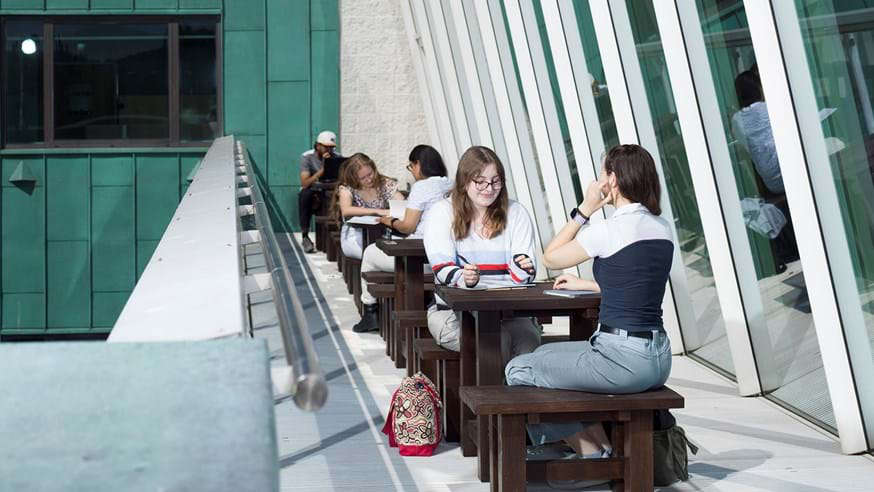 Lancaster remains best university in North West England in Complete University Guide
Lancaster remains best university in North West England in Complete University Guide
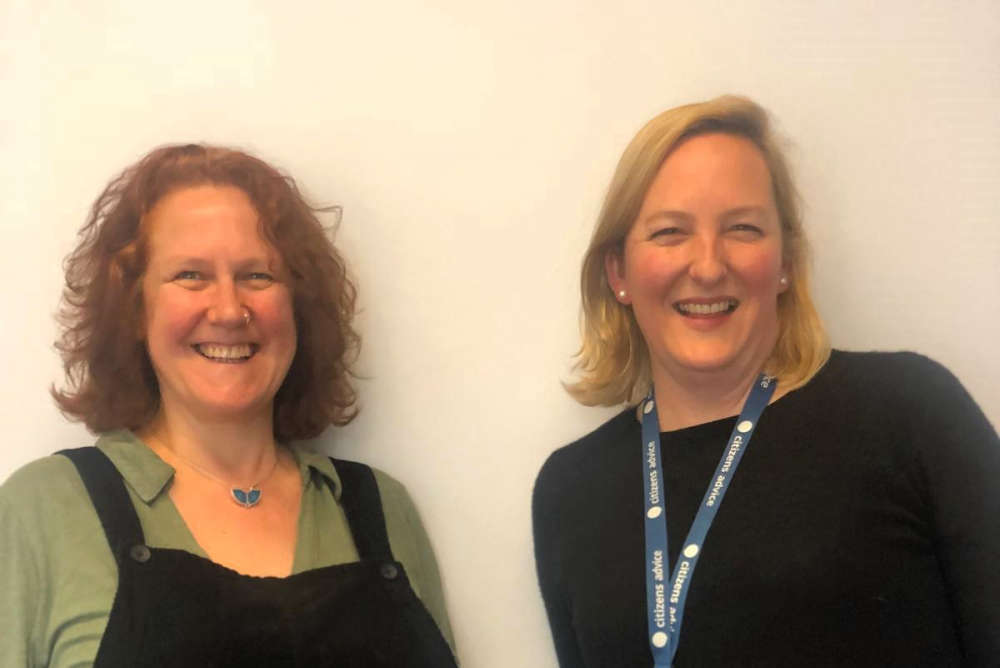 'Music with the Mayor' initiative launched to support North Lancashire’s Citizens Advice
'Music with the Mayor' initiative launched to support North Lancashire’s Citizens Advice
 DIARY: Beyond Radio presenter fighting cancer continues his '60 Before 60' challenge
DIARY: Beyond Radio presenter fighting cancer continues his '60 Before 60' challenge
 BIG FIGHT COUNTDOWN: Tyson Fury's father John headbutts Usyk supporter ahead of undisputed heavyweight title fight
BIG FIGHT COUNTDOWN: Tyson Fury's father John headbutts Usyk supporter ahead of undisputed heavyweight title fight
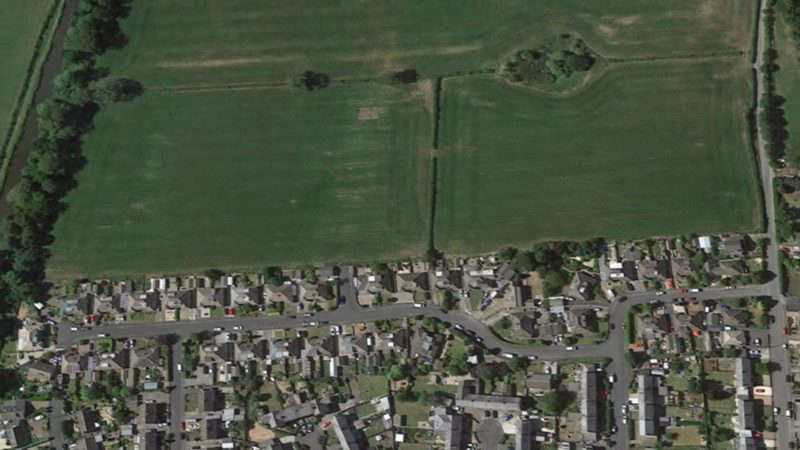 Decision to refuse Galgate housing scheme planning permission upheld following public inquiry
Decision to refuse Galgate housing scheme planning permission upheld following public inquiry
 INTERVIEWS and PHOTOS: The story of Highest Point festival 2024
INTERVIEWS and PHOTOS: The story of Highest Point festival 2024
 INTERVIEW: Lancaster prison officer backed by Tyson Fury wins sport contest ahead of Miss England bid
INTERVIEW: Lancaster prison officer backed by Tyson Fury wins sport contest ahead of Miss England bid
 VIDEO and INTERVIEW: Lancaster schoolboy, 10, makes drum 'n' bass DJ debut at Lancaster festival
VIDEO and INTERVIEW: Lancaster schoolboy, 10, makes drum 'n' bass DJ debut at Lancaster festival
 Highest Point 'Lancaster Rocks' night cancelled due to thunderstorms warning
Highest Point 'Lancaster Rocks' night cancelled due to thunderstorms warning
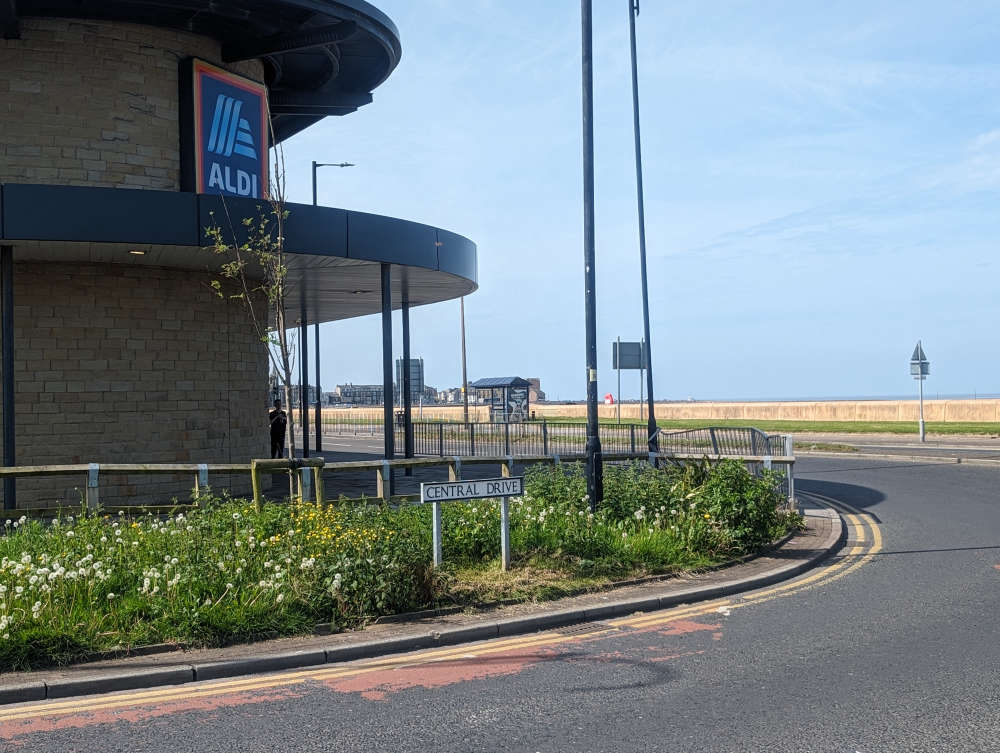 Quad bike rider dies after road crash in Morecambe
Quad bike rider dies after road crash in Morecambe
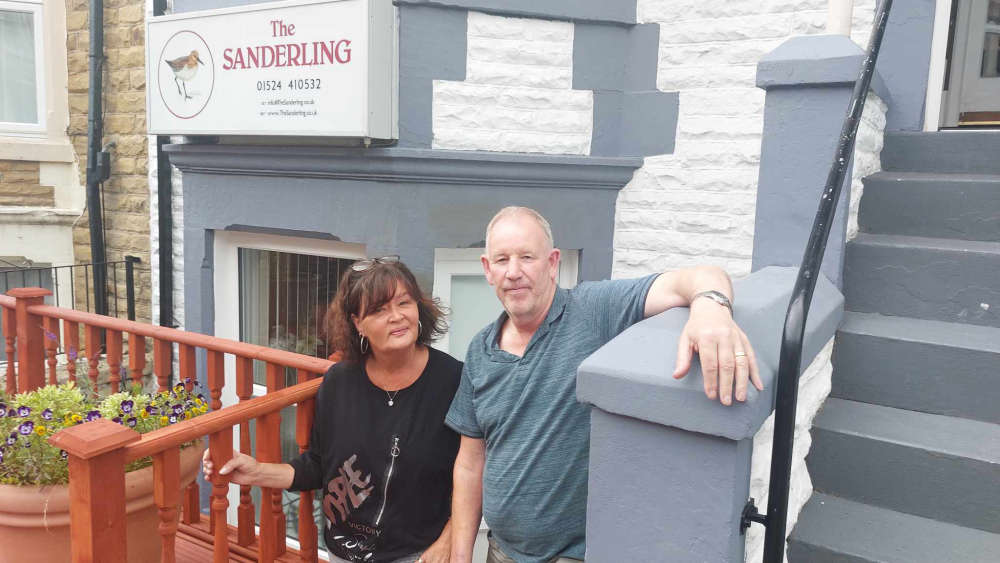 Morecambe guesthouse couple to star on reality TV show 'Four in a Bed'
Morecambe guesthouse couple to star on reality TV show 'Four in a Bed'
 PHOTOS: Northern Lights dazzle on Highest Point festival day one
PHOTOS: Northern Lights dazzle on Highest Point festival day one
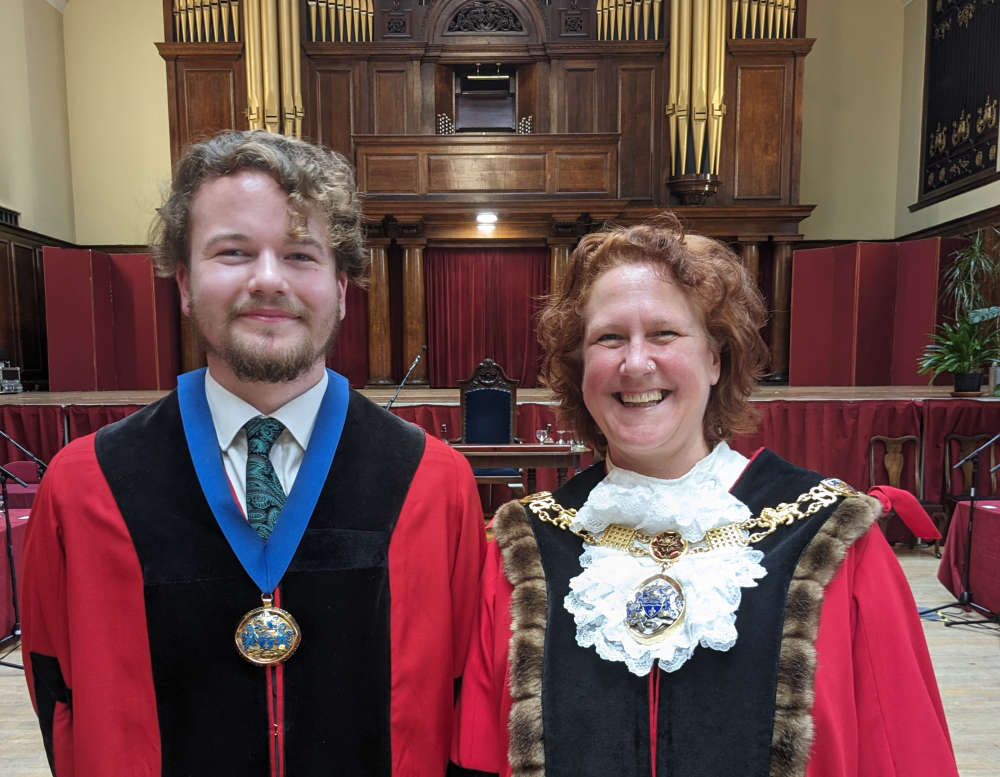 Mother and son unveiled as new Lancaster mayoral team
Mother and son unveiled as new Lancaster mayoral team
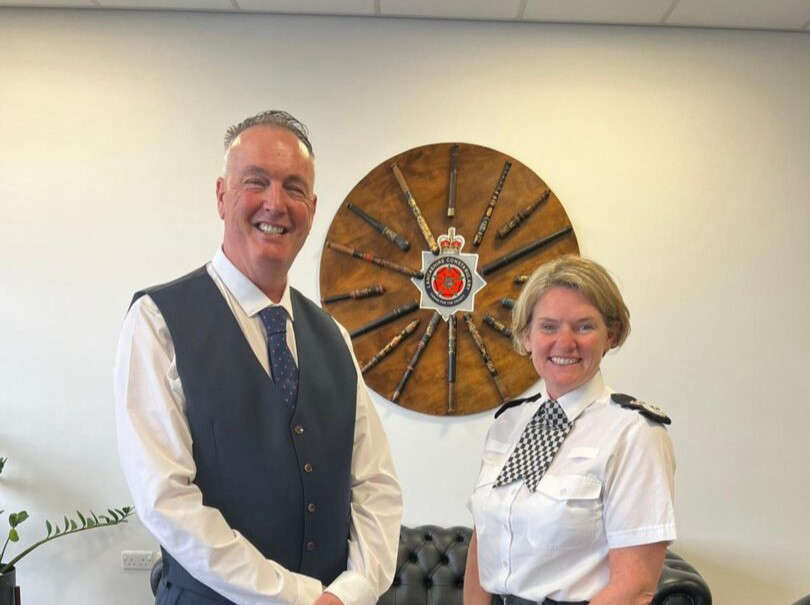 New police and crime commissioner for Lancashire begins role
New police and crime commissioner for Lancashire begins role
 Morecambe homeless man jailed after admitting criminal damage
Morecambe homeless man jailed after admitting criminal damage
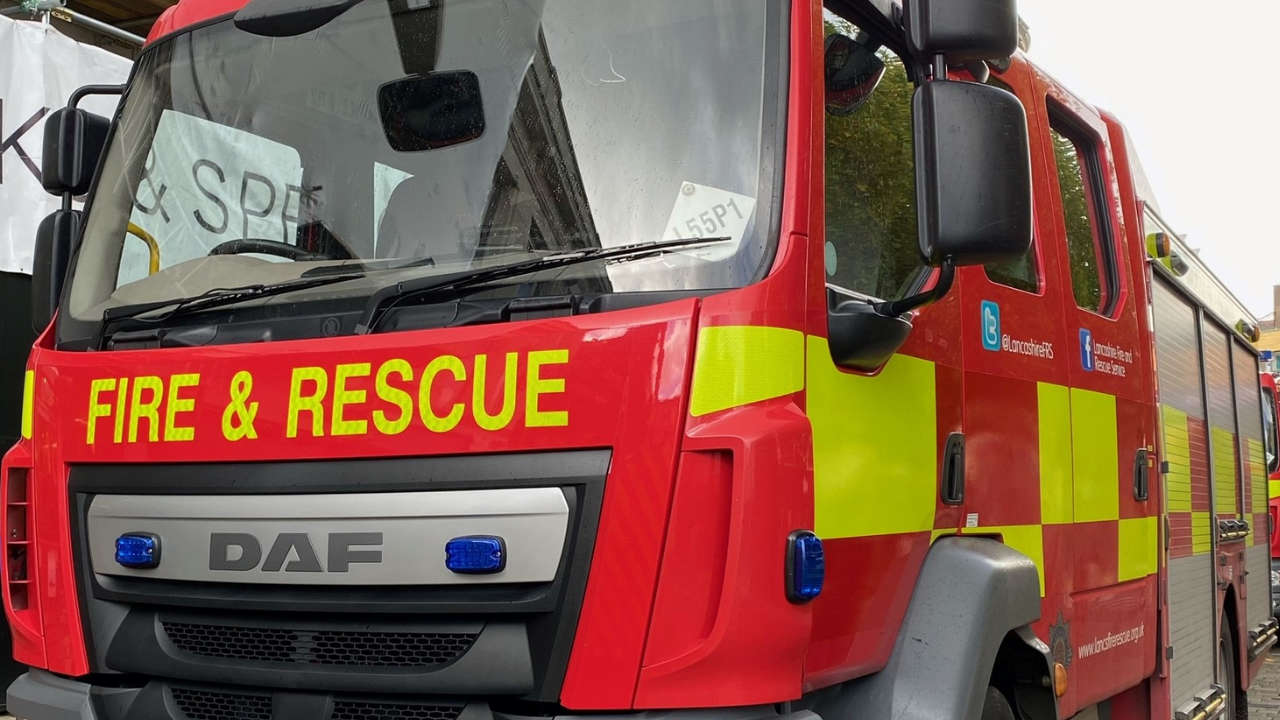 Firefighters tackle fire at flat in Morecambe
Firefighters tackle fire at flat in Morecambe
 Lancaster youth charity awarded £221,400 towards vision for 'creative youth space' in city
Lancaster youth charity awarded £221,400 towards vision for 'creative youth space' in city
 Tennis club near Lancaster unveils new courts after £50,000 fundraising campaign
Tennis club near Lancaster unveils new courts after £50,000 fundraising campaign
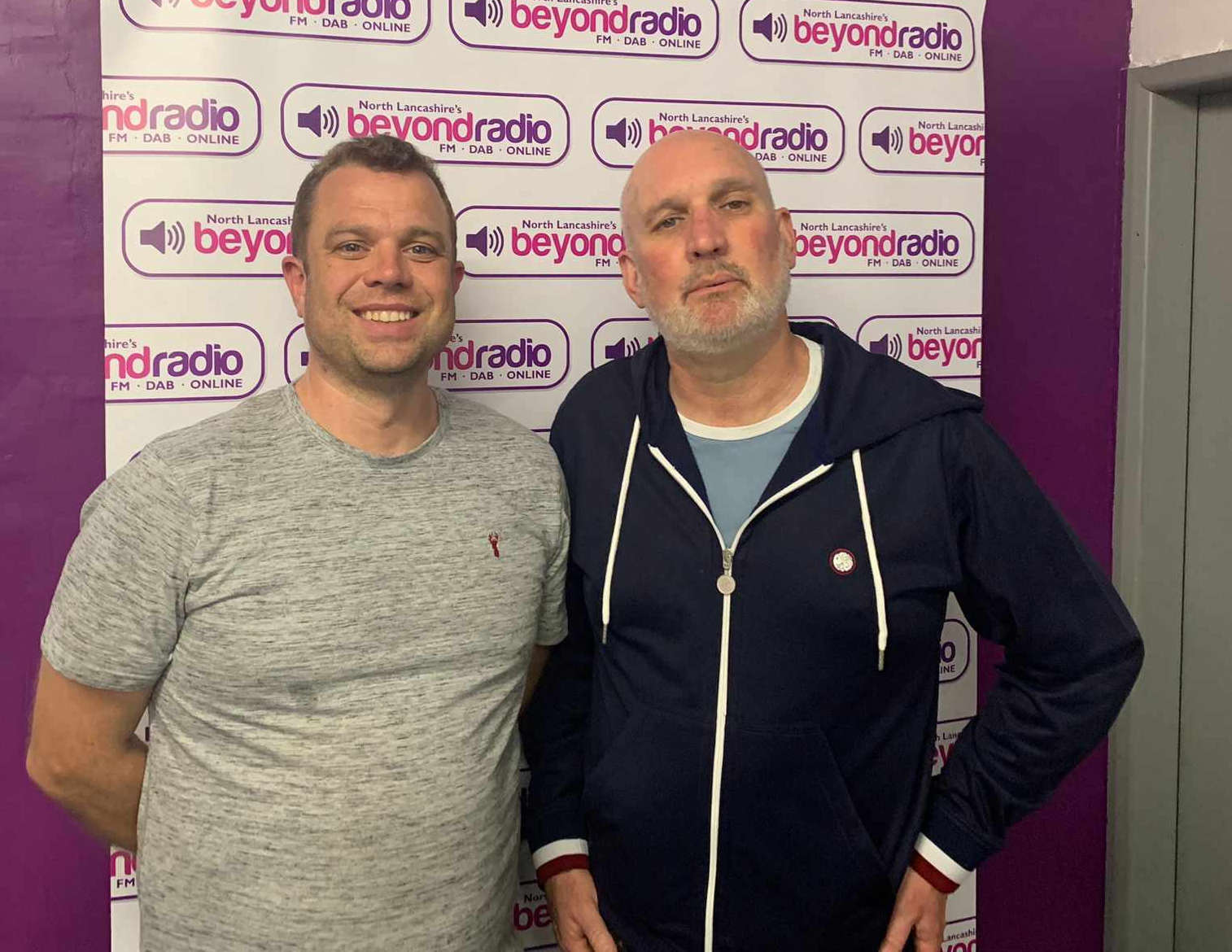 INTERVIEW: Highest Point chief 'proud' of lineup for 2024 festival
INTERVIEW: Highest Point chief 'proud' of lineup for 2024 festival
 Highest Point festival stage times: all you need to know
Highest Point festival stage times: all you need to know




